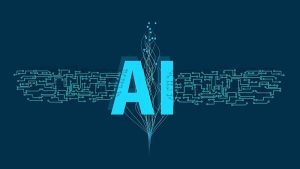The Iowa Governor’s School Safety Bureau is rolling out an application intended to help prevent violence, unlawful possession of weapons, self-harm, and other forms of victimization and threatening behaviors in schools across the state.
The Federal Communications Commission (FCC) announced a series of enhancements to online consumer application system for the Affordable Connectivity Program (ACP). The FCC said the enhancements will make it easier for eligible consumers to apply and enroll in the program.
Twenty-one New York City employees have now graduated from the New York City Cyber Academy, a specialized training program designed to bolster the city’s cybersecurity workforce and enhance agency cyber capabilities to defend against threats to essential services and critical infrastructure.
Arizona Gov. Katie Hobbs passed an executive order (EO) banning TikTok from all government devices on April 5 noting cybersecurity concerns.
The deputy director of the Office of Educational Technology at the U.S. Department of Education said last week that her team will be releasing the first Federal report on AI in education in the coming weeks.
The Inspector General (IG) at the Department of Labor is warning in a new report about serious equity and security concerns with the use of facial recognition software in unemployment insurance (UI) programs, and says that those concerns need to be addressed immediately.
The National Geospatial-Intelligence Agency (NGA) has once again launched a 10-week paid summer research fellowship available exclusively to faculty from historically black colleges and universities (HBCUs) – for the second year in a row. The program was first created in 2022.
New York City has launched the MyCity Portal, which aims to help New Yorkers easily check eligibility, apply for, and track city services and benefits. Users will also be able to securely save their information and documentation for future applications as they apply for child care.
In honor of International Transgender Day of Visibility earlier this month, New Jersey Governor Phil Murphy announced the launch of a new transgender information hub, Transgender.NJ.gov.
North Dakota Gov. Doug Burgum has signed legislation that requires cybersecurity education for all K-12 students – making it the first state in the union to do so.













